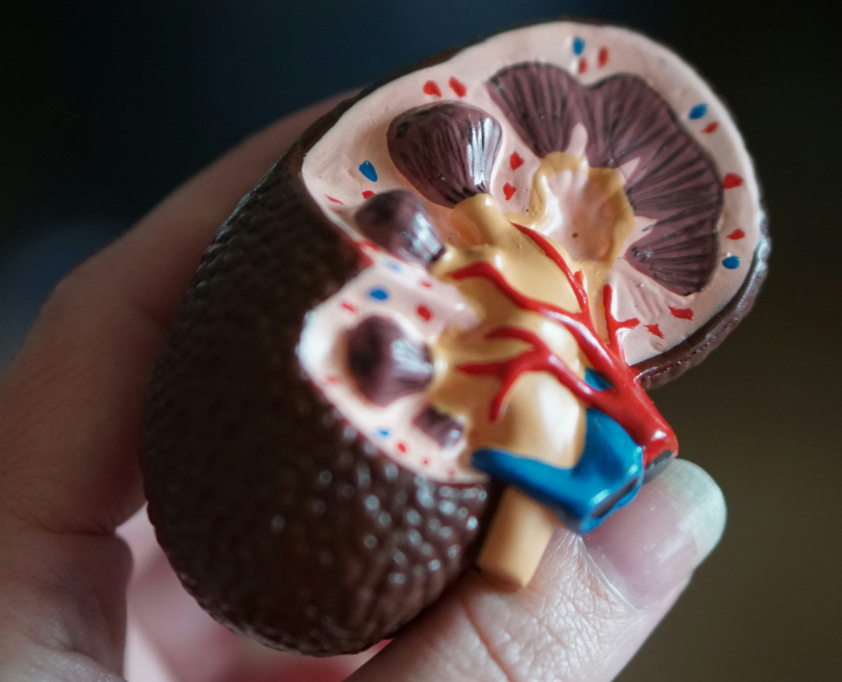Serum inorganic phosphorus levels can be significantly affected during alcohol withdrawal. Chronic alcohol use often leads to hypophosphatemia (low serum phosphorus) due to poor dietary intake, malabsorption, and increased urinary excretion. During alcohol withdrawal, this condition can worsen due to several factors:
Refeeding Syndrome Risk: When patients in withdrawal begin eating again, especially with carbohydrate-heavy meals, insulin release can drive phosphorus into cells, further lowering serum levels. This is particularly dangerous in malnourished individuals.
Respiratory Alkalosis: Hyperventilation, common in acute withdrawal, can cause a shift of phosphorus into cells, reducing serum concentrations.
Magnesium Depletion: Alcohol withdrawal often involves hypomagnesemia, which impairs phosphorus homeostasis, as magnesium is needed for proper phosphorus regulation.
Clinical Implications: Low serum phosphorus (<2.5 mg/dL) can lead to serious complications like muscle weakness, respiratory failure, or seizures, which can exacerbate withdrawal symptoms. Severe hypophosphatemia (<1.0 mg/dL) is a medical emergency.
Management:
Monitor serum phosphorus levels closely during withdrawal, especially in the first few days.
Administer oral or IV phosphate supplementation if levels are low or symptoms are present, guided by lab results.
Correct concurrent electrolyte imbalances (e.g., magnesium, potassium).
Avoid rapid carbohydrate loading to minimize refeeding syndrome risk.
Disclaimer: owerl is not a doctor; please consult one.


Leave a Reply